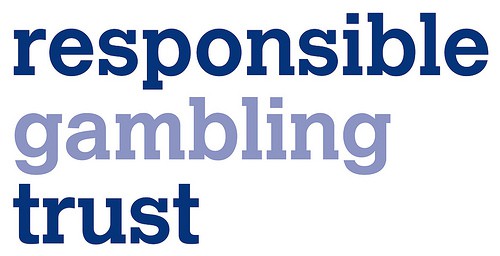New Study on Gambling Addiction
 Millions of people play casino games every year. This can be a fun pass time if you know how to quit when you’re ahead. On the other hand, it can prove very costly when you simply don’t know when to call it quits.
Millions of people play casino games every year. This can be a fun pass time if you know how to quit when you’re ahead. On the other hand, it can prove very costly when you simply don’t know when to call it quits.
While only a very small percentage of gamblers chase losses, the overwhelming number of those who do are usually male, according to a 2014 study conducted by The Responsible Gambling Trust (RGT).
The UK-based organization monitored gambling habits over a year and found that these males are usually young, heavy spenders and have the most to lose.
The study results are corroborated by another online study that produced the same findings. Sampling from loyalty card users provides a great deal of data such as spending trends on a daily, monthly and yearly basis.
Chasing losses is the primary catalyst for recreational gamblers sinking into a full-scale gambling problem. One encouraging fact that can be taken away from the study is that only about 2% of gamblers fall into the category of loss chasers. The overall broad picture suggests that most gamblers are at a very low risk for developing a gambling problem. This is very good news for an industry that has taken many hits. Gambling addictions have led to many unfortunate outcomes including divorce, bankruptcy and even suicide.
Casino operators are very much aware of the statistics regarding gambling addictions. Gambling, like many other vices can have adverse affects on the individual who partakes. It’s a risky business, and most of the time, as the old adage says, the house is often the winner.
Although casino owners are cognizant of the potential issues that may arise, the gambler must show some semblance of responsibility. A person has to know their limitations. It’s easy to get baited. A gambler gets on a hot streak, and for whatever reasons believe it will continue. It doesn’t.
Most casinos have posted signs letting gamblers know that they can seek help if they have a gambling addiction. Thankfully, most individuals who find themselves teetering on the brink will take them up on that offer. Gambling addictions are a no win situation for all parties involved.
















